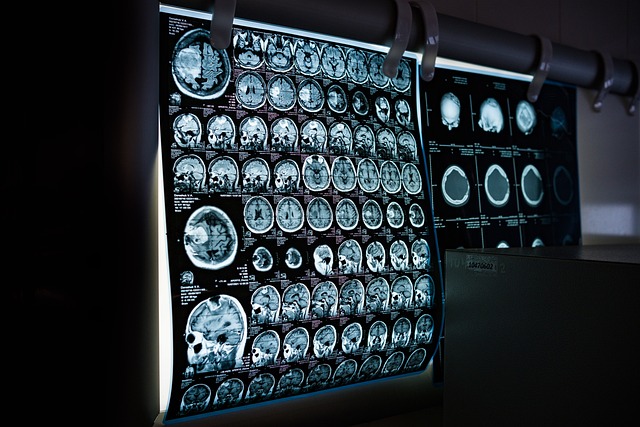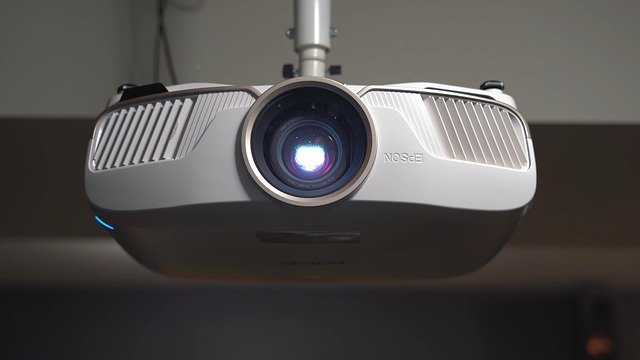Understanding Cremation Services: A Comprehensive Guide
Cremation has become an increasingly popular choice for end-of-life arrangements in recent years. This process, which involves the reduction of a body to ashes through intense heat, offers a range of benefits and considerations for those planning their own or a loved one's final disposition. In this comprehensive guide, we'll explore the various aspects of cremation services, from the process itself to the options available for handling the ashes.

-
The body is prepared and placed in a combustible container.
-
The container is then placed in the cremation chamber, where temperatures reach between 1,400 and 1,800 degrees Fahrenheit.
-
After about 2-3 hours, the remaining bone fragments are cooled and processed into a fine, sand-like consistency.
-
The ashes, also known as cremains, are then placed in a temporary container or an urn of the family’s choosing.
The entire process, from start to finish, usually takes 3-5 hours, depending on various factors such as the size of the body and the specific equipment used.
What are the benefits of choosing cremation over traditional burial?
There are several reasons why cremation has grown in popularity:
-
Cost-effectiveness: Cremation is often less expensive than traditional burial, as it eliminates the need for a casket, burial plot, and other associated expenses.
-
Environmental considerations: Cremation generally has a smaller environmental impact than traditional burial, which requires land use and can involve the use of embalming chemicals.
-
Flexibility: Cremation allows for more flexibility in memorial services and the final resting place of the remains.
-
Portability: Ashes can be easily transported, allowing families to keep their loved ones close or scatter them in meaningful locations.
-
Space considerations: In areas where burial space is limited or expensive, cremation provides an alternative that doesn’t require a permanent gravesite.
What options are available for handling cremated remains?
Once the cremation process is complete, families have numerous options for handling the ashes:
-
Urn storage: Ashes can be kept in a decorative urn at home or in a columbarium niche at a cemetery.
-
Scattering: Many choose to scatter ashes in a location that was meaningful to the deceased, such as a favorite park, beach, or mountain.
-
Burial: Ashes can be buried in a cemetery plot or in a biodegradable urn that can be planted to grow into a tree.
-
Jewelry: A small portion of ashes can be incorporated into memorial jewelry pieces.
-
Artificial reefs: Some companies offer services to incorporate ashes into artificial reefs to support marine life.
-
Space burial: For the truly adventurous, there are now services that will launch a small portion of ashes into space.
How does the funeral planning process differ for cremation?
While cremation simplifies some aspects of funeral planning, there are still important decisions to be made:
-
Timing of the cremation: Families can choose immediate cremation or have a viewing before the cremation takes place.
-
Type of service: Options range from traditional funeral services with the urn present to memorial services held at a later date.
-
Urn selection: Families can choose from a wide variety of urns, from simple containers to elaborate artistic pieces.
-
Disposition of ashes: Decisions must be made about the final resting place of the cremated remains.
-
Legal considerations: Depending on the location, there may be specific regulations regarding the scattering of ashes or the transportation of remains across state or national borders.
What are the typical costs associated with cremation services?
The cost of cremation can vary significantly depending on the services chosen and the location. Here’s a general breakdown of potential expenses:
| Service | Cost Range |
|---|---|
| Direct cremation (no viewing or ceremony) | $500 - $3,000 |
| Cremation with memorial service | $1,500 - $4,000 |
| Cremation with viewing and funeral service | $2,000 - $6,000 |
| Urn | $50 - $1,000+ |
| Columbarium niche | $500 - $5,000 |
| Scattering services | $100 - $1,000 |
Prices, rates, or cost estimates mentioned in this article are based on the latest available information but may change over time. Independent research is advised before making financial decisions.
It’s important to note that these costs can vary widely depending on the region and the specific funeral home or crematorium. Some factors that can affect the price include the type of container used for cremation, the urn selected, and any additional services such as transportation or death certificates.
Cremation services offer a versatile and increasingly popular option for end-of-life arrangements. By understanding the process, benefits, and options available, individuals and families can make informed decisions that align with their personal preferences, cultural beliefs, and financial considerations. Whether choosing cremation for its simplicity, environmental impact, or flexibility in memorialization, it’s clear that this method of final disposition provides a meaningful way to honor and remember loved ones.






